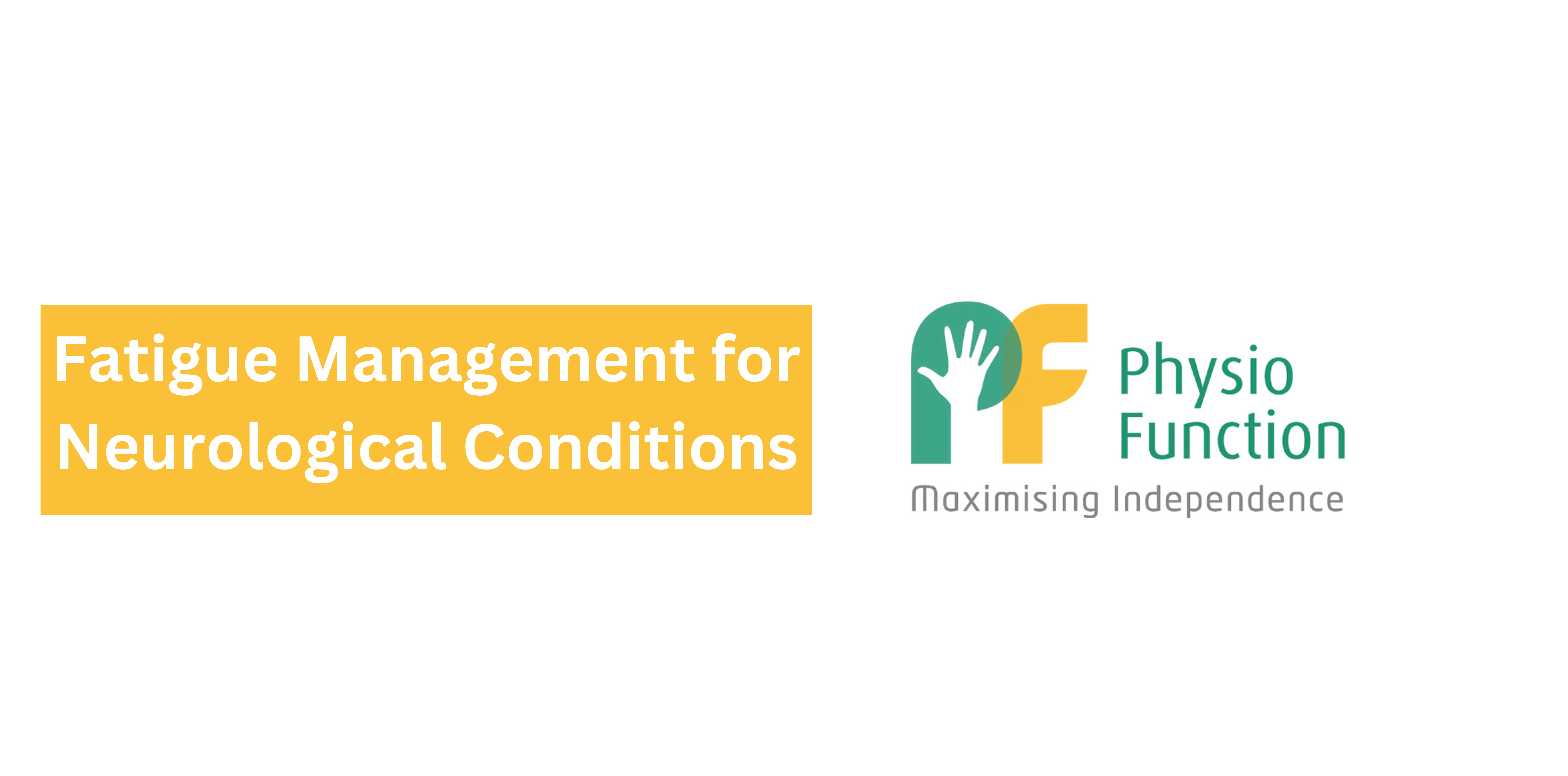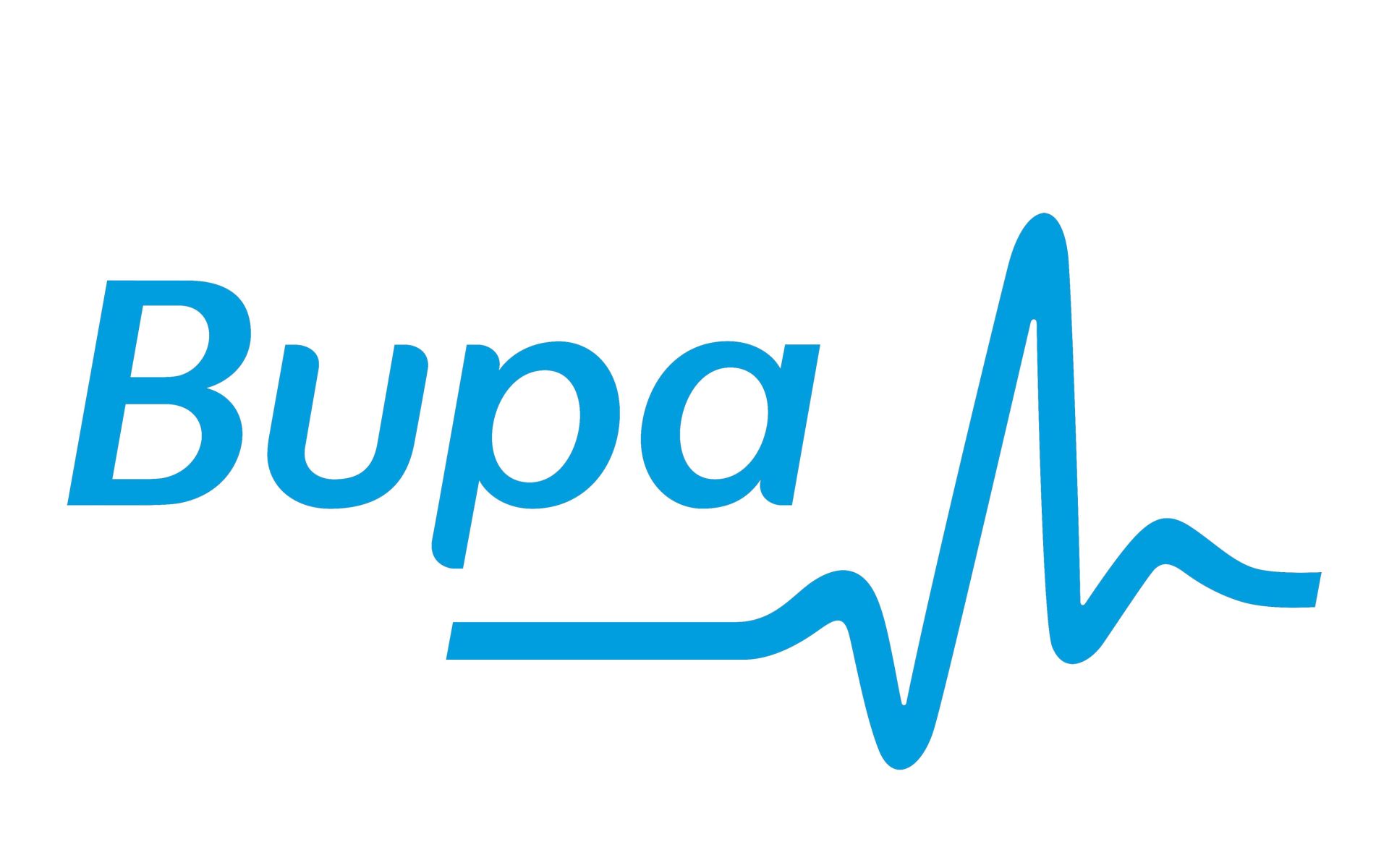Note: This makes all sizes equal and could alter the website layout.
Red:
Green:
Blue:
Red:
Green:
Blue:
Fatigue Management & Neurological Physiotherapy
Fatigue is one of the most common and debilitating symptoms for people living with neurological conditions such as Multiple Sclerosis (MS), Stroke, Parkinson’s, Functional Neurological Disorder (FND), and Brain Injury. Unlike general tiredness, neurological fatigue can feel overwhelming and unpredictable, affecting everything from mobility and concentration to mood and independence.
At PhysioFunction, we believe that managing fatigue begins with understanding it.
What Is Neurological Fatigue?
Neurological fatigue is a type of exhaustion that doesn’t always improve with rest. It can appear suddenly, fluctuate during the day, and be worsened by physical, cognitive, or emotional effort. It’s not just “feeling tired”, it can interfere with daily life, limit activity levels, and reduce quality of life.
Learning how to manage fatigue is essential for improving overall wellbeing and helping individuals participate in the things that matter most to them.
The Boom–Bust Cycle
Many people fall into what’s known as the boom–bust cycle:
Over time, this pattern can lead to worsening fatigue, frustration, and reduced functional capacity. Avoiding this cycle is key to long-term energy conservation and progress in rehabilitation.
General Principles of Fatigue Management
Fatigue management isn’t about doing less; it’s about doing smarter. Here are some core principles that can help:
1. Pace Yourself
Break tasks into smaller, manageable chunks and build in regular rest breaks. Use timers or apps if needed to avoid pushing too hard.
2. Prioritise Activities
Focus on what matters most to you. Ask yourself: Does this need to be done today? Does it need to be done by me?
3. Plan Ahead
Group similar activities together and avoid last-minute decisions. Spread out demanding tasks over the week rather than cramming them into one day.
4. Organise Your Environment
Keep essential tools and materials close by. Arrange your space so that it's functional, reducing unnecessary steps or reaching.
5. Adopt Good Posture
Poor posture can lead to muscle fatigue and increase energy consumption. Physiotherapists can advise on efficient movement and positioning strategies.
6. Stay Active — in the Right Way
Gentle, regular exercise (guided by a specialist neuro physiotherapist) can actually help manage fatigue over time. It's about finding the right type and intensity of activity for you.
7. Support Your Health
Good sleep hygiene, balanced nutrition, hydration, and stress reduction all play a role in managing fatigue effectively.
How Can Neurological Physiotherapy Help?
Neurological physiotherapists work with you to build physical resilience without triggering fatigue. Sessions are designed to:
With the right guidance, even a small increase in strength or stamina can make everyday tasks easier and less draining.
The Role of Occupational Therapy
Occupational therapists (OTs) focus on how you carry out everyday tasks, from washing and dressing to cooking, hobbies, and work. OTs can:
What’s Next?
For more information on fatigue management please contact our team or speak with your lead physiotherapist.





